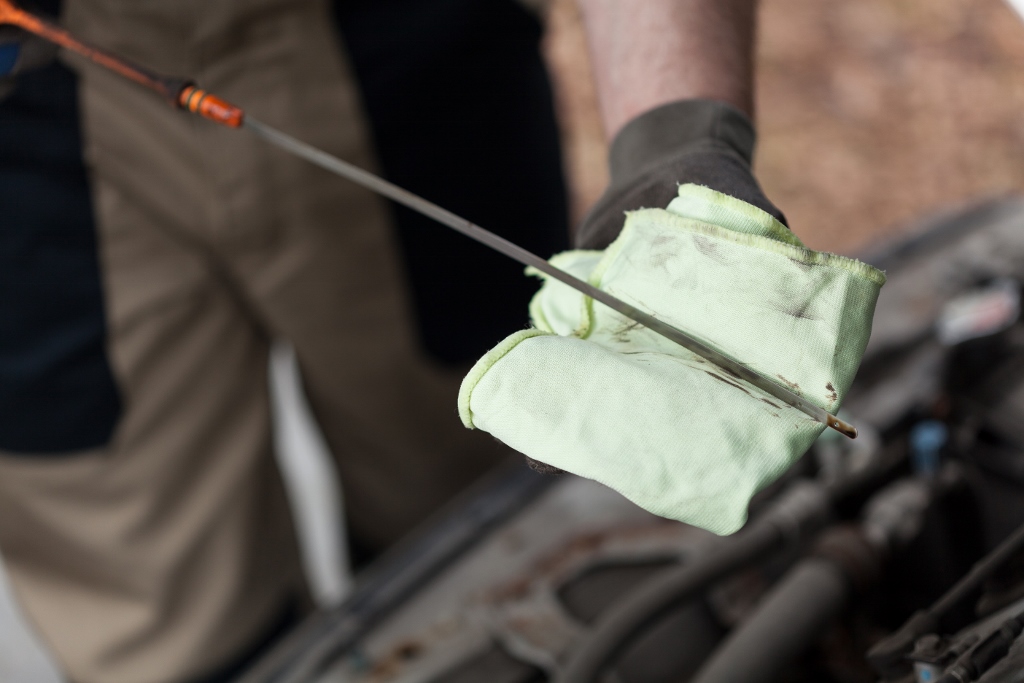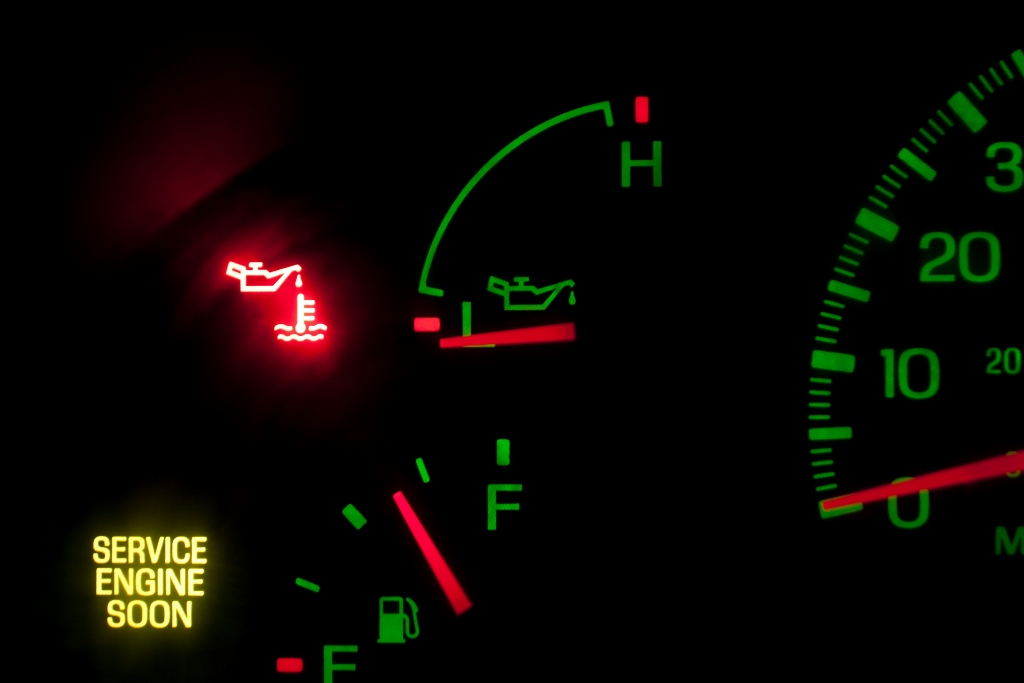
Aslanol, trading as MANNOL UK, the fast-growing lubricants and spare parts supplier, advises garages and technicians on why using the right oil is crucial for their customers.
Depending on the vehicle and the type of oil in it, historically speaking cars had to change oil every 3,000 miles; however, nowadays it can be up to 30,000 miles. Regardless of this extension to the original recommended oil change intervals, it is still important to remind customers to check their engine oil levels between oil changes. On infrequent occasions, the engine can fail due to low oil level and lack of lubrication; furthermore, using the wrong oil can lead to the engine being clogged with sludge and varnish, which can cause even more damage.
Sensing an oil change
The oil level sensor warns the driver when the engine oil level is critically low, but sometimes, the sensor itself can be faulty. For that reason, it is important to check the oil level during the vehicle’s service. If the level is dirty or the interval has nearly expired, recommending an oil change is a wise move. If the oil appears clean but the level is low, always inspect the engine and oil filter for leakage or other signs of oil consumption and make the appropriate service recommendations.
Oil life issues
Neglected oil change intervals can ruin any motor oil. As oil accumulates miles, it becomes contaminated and forms sludge. Cold engine operation accelerates the formation of sludge; conversely, at high speeds, sludge can often clog the oil filter.
Starving the system
Poor oil change habits can also lead to oil oxidising in the engine, leaving contaminants and deposits to form and over time, becoming sludge. Heavily sludged oil will clog many more parts of the engine’s system so it can’t perform its actual job of lubricating parts, which can then lead to oil starvation in the motor. Oil starvation potentially causes many parts of the engine to be seriously damaged, and can even cause catastrophic engine failure where a complete engine replacement may be necessary.
Flush out engine problems
To supplement oil changes, it may be necessary to add an engine flush before changing the oil. This will remove oil sludge deposits in lubricating areas with the oil change, therefore reducing sludge build-up and ensuring the lubricating system stays cleaner for longer.
Find out more
For further information on Aslanol, trading as MANNOL UK and its extensive product portfolio, please call 01908 320458 or email the team via sales@aslanol.co.uk. Alternatively, please visit www.mannol.co.uk.
For more information, interviews or images please contact:
Claire Brown or Kimberley Hornby, Hornby Whitefoot PR
Tel: 07787 505963 E-mail:claire@hornbywhitefootpr.co.uk
Tel: 01858 681122 E-mail: kimberley@hornbywhitefootpr.co.uk

